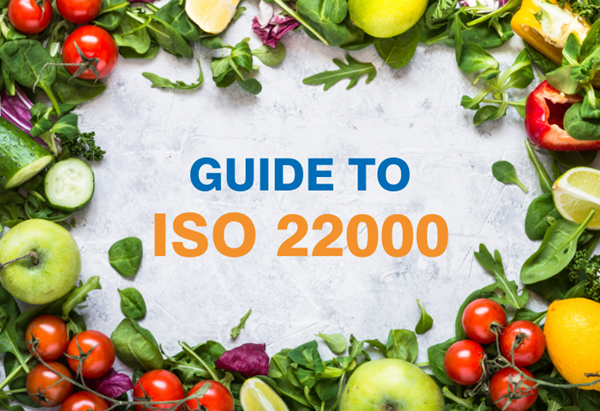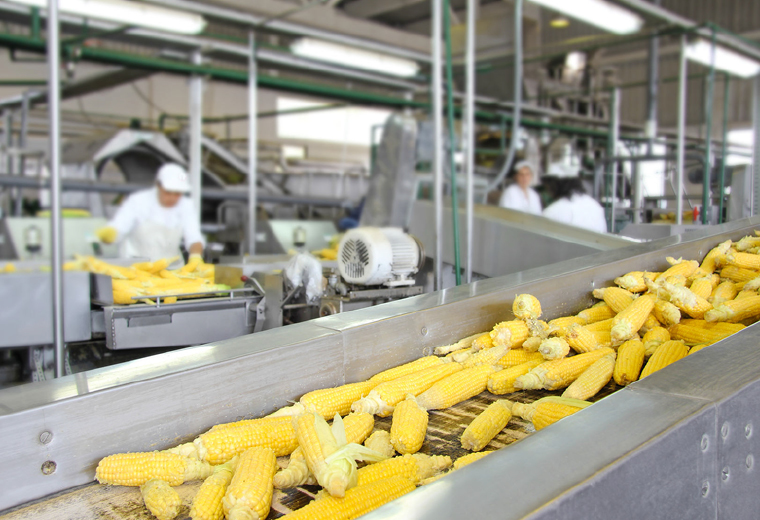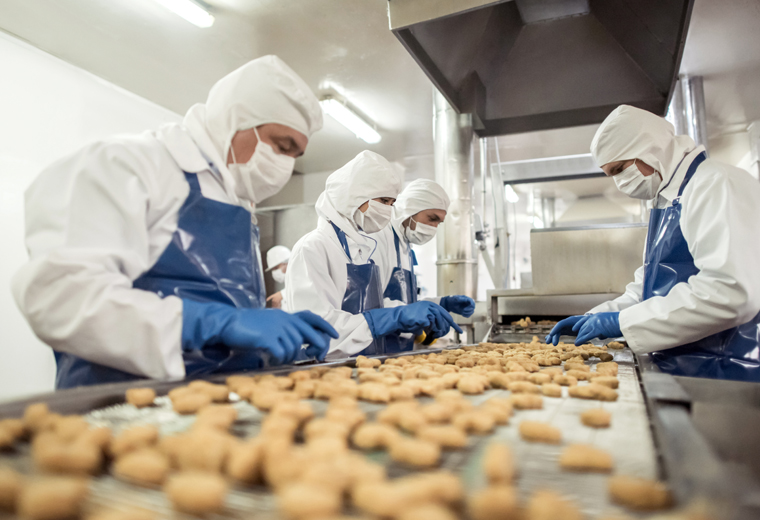GMP: Food Safety Management
What is GMP?
GMP (Good Manufacturing Practices) establishes the operational conditions and requirements necessary to ensure hygiene throughout the food chain and for the production thereof.
GMP consists of guidelines that define management and handling actions, with the purpose of ensuring favourable conditions for the production of safe food. They are also useful for the design and operation of establishments and for the development of processes and products related to food.
GMP have been developed by the Codex Alimentarius with the main objective of customer protection. It includes many basic operational conditions and procedures that are required to be met by the food company. For example, some of them can be:
- The construction and layout of the food premises
- The training provided to the employees
- The adequate maintenance of equipment and utensils used within the company
- The use of suitable chemicals within and around the food premises including cleaning chemicals, pest control chemicals and machine lubricants, including and effective pest control program
- The identification and storage of waste within and by the company
- The implementation and effectiveness of the traceability system
- The cleanliness of premises, equipment, utensils, floors, walls and ceilings.
Helps you with
- Costs reduced and resources saved
- Evidence of safe and efficient food handling
- Compliance with legal requirements and builds customer trust
- Ability to trade internationally
- Food culture within your company
- Reduction of claims, returns, reprocesses and rejections
Note: NQA offers unaccredited GMP registration as a start point for the implementation of basic hygiene requirements.
Benefits of Food Safety Certification
Cuts investigation time to a minimum
The management system helps you to reduce food safety breach investigation time.
Customer satisfaction
Deliver products that consistently meet customer requirements and a service that is dependable and can be relied on.
Global recognition as a reputable supplier
Certification is recognized internationally and accepted throughout industry supply chains, setting industry benchmarks for sourcing suppliers.
Proven business credentials
Independent verification against a globally recognized industry standard speaks volumes.
Legal compliance
Understand how statutory and regulatory requirements impact your organization and its customers.
Ability to win more business
Procurement specifications often require certification as a condition to supply, so certification opens doors.
Respond to situations
Ideal for responding to situations that can compromise the food safety of both products and production processes.
Steps to Certification
-
Step 1
Complete a Quote Request Form so that we can understand your company and requirements. You can do this by completing either the online quick quote or the online formal quote request form. We will use this information to accurately define your scope of assessment and provide you with a proposal for certification.
-
Step 2
Once you’ve agreed your proposal, we will contact you to book your assessment with an NQA Assessor. This assessment consists of two mandatory visits that form the Initial Certification Audit. Please note that you must be able to demonstrate that your management system has been fully operational for a minimum of three months and has been subject to a management review and full cycle of internal audits.
-
Step 3
Following a successful two stage audit, a certification decision is made and if positive, then certification to the required standard is issued by NQA. You will receive both a hard and soft copy of the certificate. Certification is valid for three years and is maintained through a programme of annual surveillance audits and a three yearly recertification audit.



